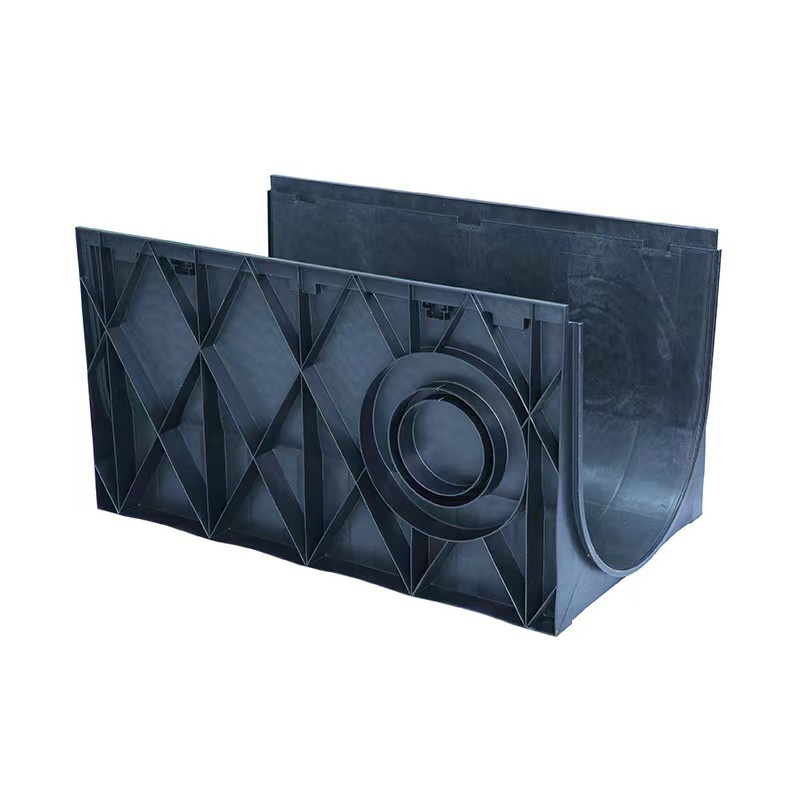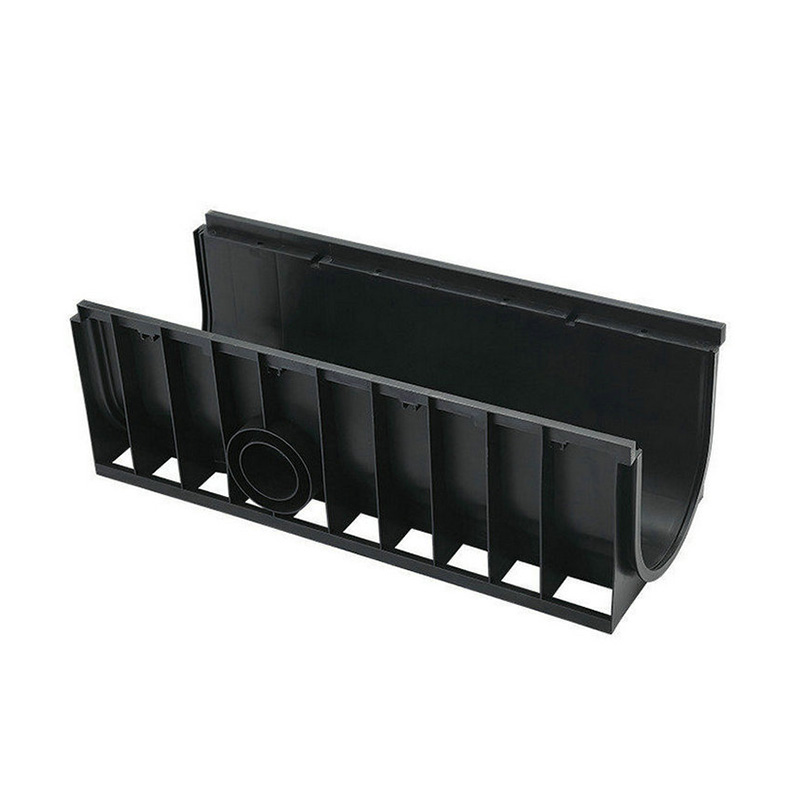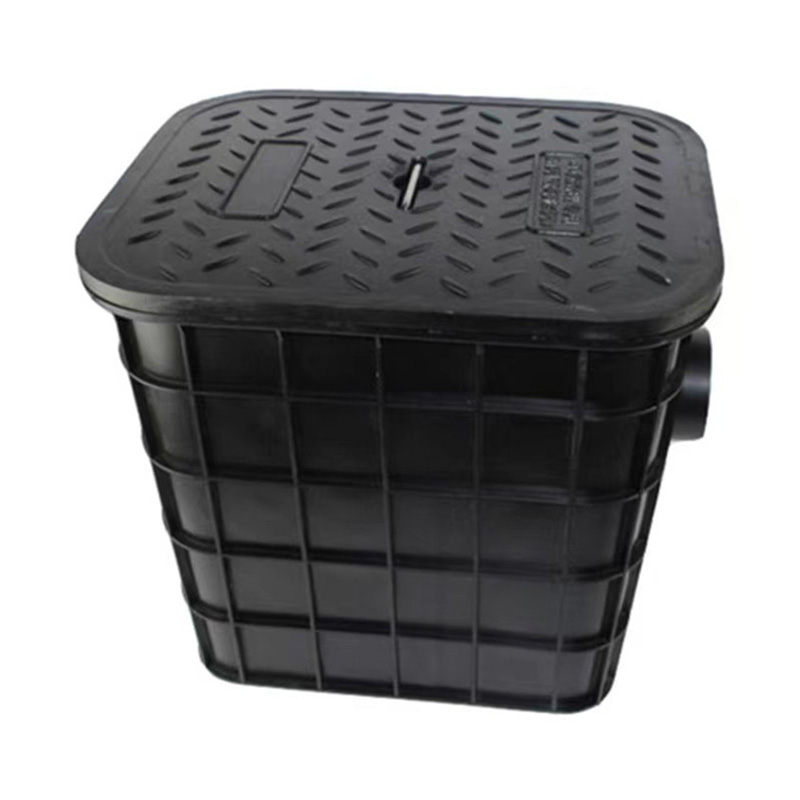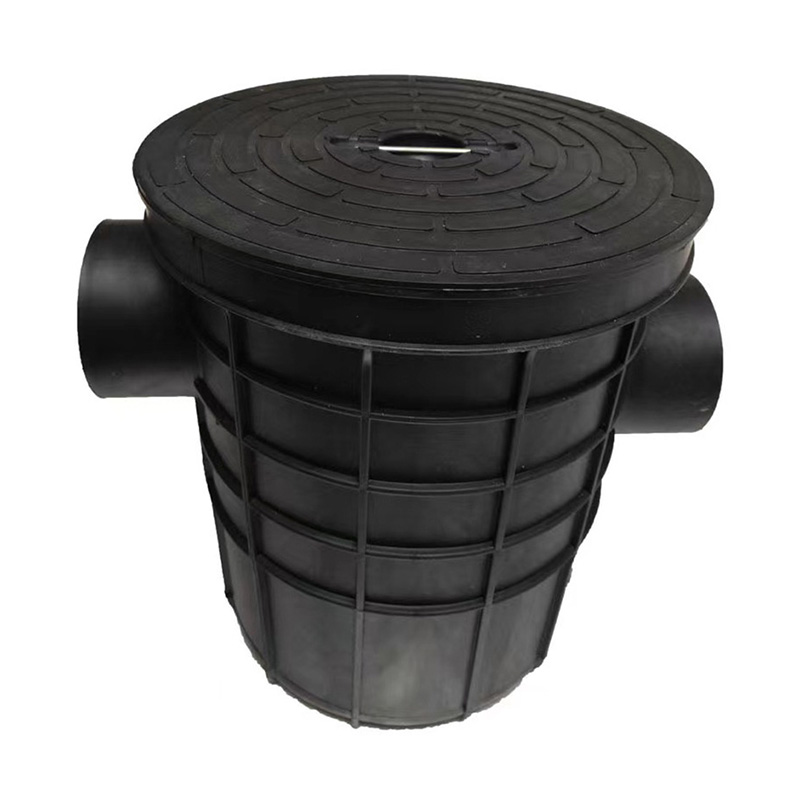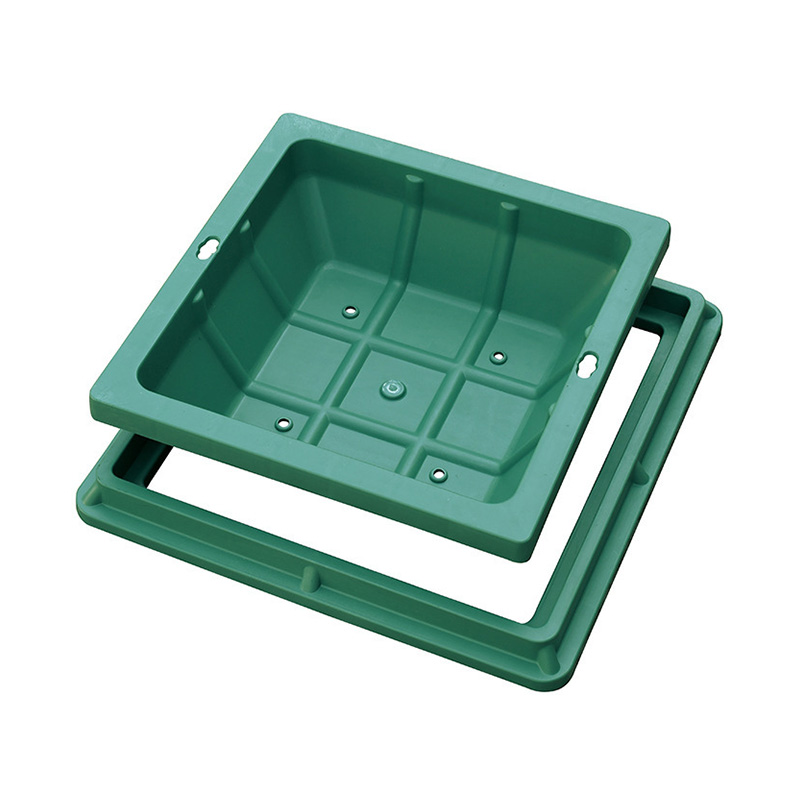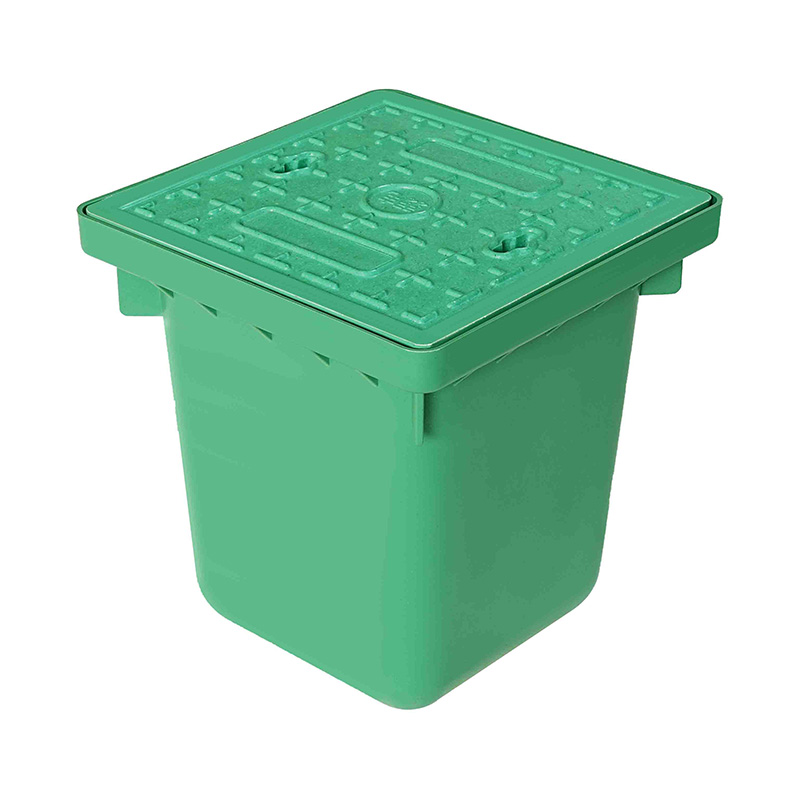Custom OEM Advanced Deep Sea Aquaculture Cage Manufacturer
Food security is a global concern that encompasses the availability, accessibility, stability, and utilization of food. As the world's population continues to grow, the demand for sustainable food sources is more critical than ever. One innovative approach to addressing this challenge is through the use of Deep Sea Aquaculture Cages. These structures, positioned in the open ocean, offer a promising solution to the pressures on traditional land-based agriculture and coastal aquaculture. This article will delve into the role of Custom Deep Sea Aquaculture Cages in enhancing food security, examining their environmental, economic, and social benefits.
The world's population is projected to reach nearly 10 billion by 2050, which will require a 70% increase in food production to meet the demand. Traditional agriculture, already under strain due to climate change, land degradation, and water scarcity, is struggling to keep pace. Deep Sea Aquaculture Cages present an alternative that can help bridge this gap. By moving fish farming operations further out to sea, these cages can reduce the environmental impact on coastal ecosystems and increase the overall productivity of aquaculture.
One of the primary benefits of Deep Sea Aquaculture Cages is their reduced environmental footprint. In coastal areas, aquaculture can result in pollution from fish waste and uneaten feed, which can cause algal blooms and deplete oxygen levels in the water. Deep Sea Aquaculture Cages, on the other hand, are situated in areas with strong currents that naturally disperse waste, reducing the risk of pollution. Additionally, these cages can be designed to reduce the escape of fish, which helps to prevent the spread of diseases and the introduction of non-native species into wild populations.
The economic benefits of deep-sea aquaculture Cages are also significant. As coastal waters become increasingly crowded, the potential for conflict over space and resources grows. Deep sea farming can alleviate this pressure, opening up new areas for aquaculture and reducing competition for space. Furthermore, the ability to farm a wider variety of fish species in deeper waters can result in a more diverse and resilient food supply. This diversification can help stabilize prices and ensure a steady income for fish farmers, contributing to local and global food security.
The development of OEM Advanced Aquacultures has been made possible by advancements in materials science and engineering. Modern cages are built to withstand the harsh conditions of the open ocean, with materials that are resistant to corrosion and biofouling. These cages are also equipped with monitoring systems that allow for real-time data collection on water quality, fish health, and environmental conditions. This technology not only improves the efficiency of farming operations but also enables better management of resources and reduces the risk of disease outbreaks.
The implementation of Deep Sea Aquaculture Cages can have profound social impacts, particularly in coastal communities that rely on fishing and aquaculture for their livelihoods. By creating new jobs and opportunities in the deep-sea farming industry, these cages can help to sustain and grow these communities. It is crucial, however, that the development of Deep Sea Aquaculture Cages is done in consultation with local communities to ensure that their interests are protected and that any negative impacts are mitigated.
Despite the numerous benefits, there are challenges associated with Deep Sea Aquaculture Cages. Issues such as the high initial investment cost, the potential impact on deep-sea ecosystems, and the need for robust regulatory frameworks must be addressed. Collaboration between governments, the private sector, and research institutions is essential to overcome these challenges. By working together, stakeholders can develop practices for deep-sea aquaculture that balance economic growth with environmental stewardship and social equity.
In conclusion, Deep Sea Aquaculture Cages offer a promising avenue for enhancing food security in the face of a growing global population. They provide a sustainable alternative to traditional agriculture and coastal aquaculture, with the potential to reduce environmental impacts, create economic opportunities, and support social well-being. As technology continues to advance and practices are established, Sea Cage Aquaculture Manufacturers are poised to play a critical role in securing our food supply for future generations.

 English
English русский
русский Español
Español عربى
عربى